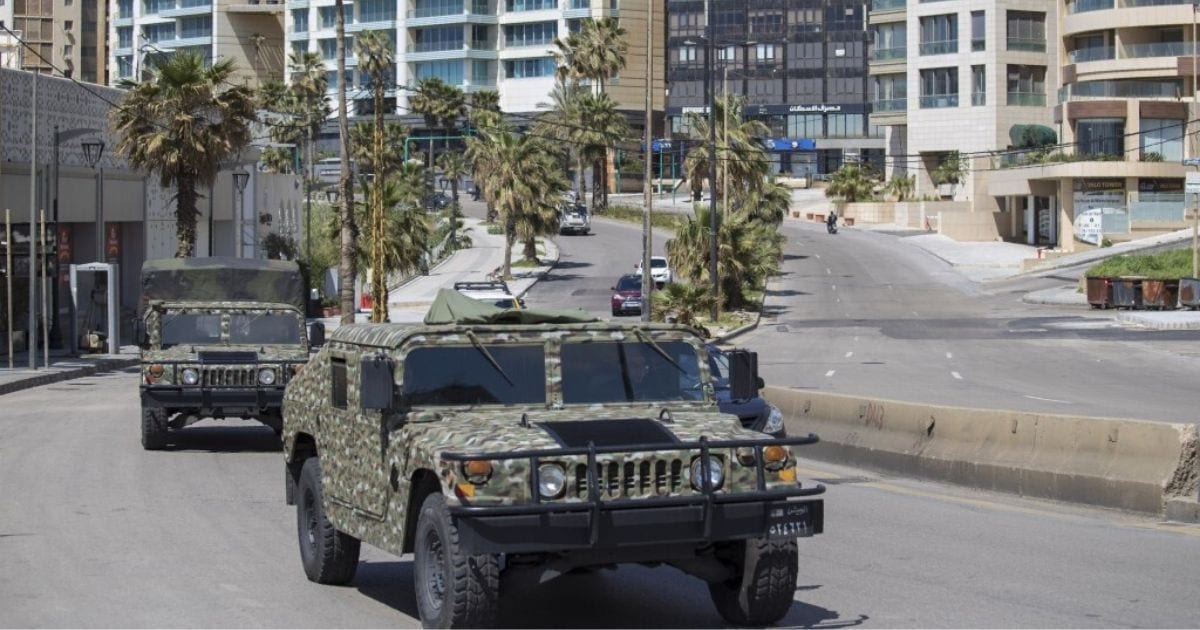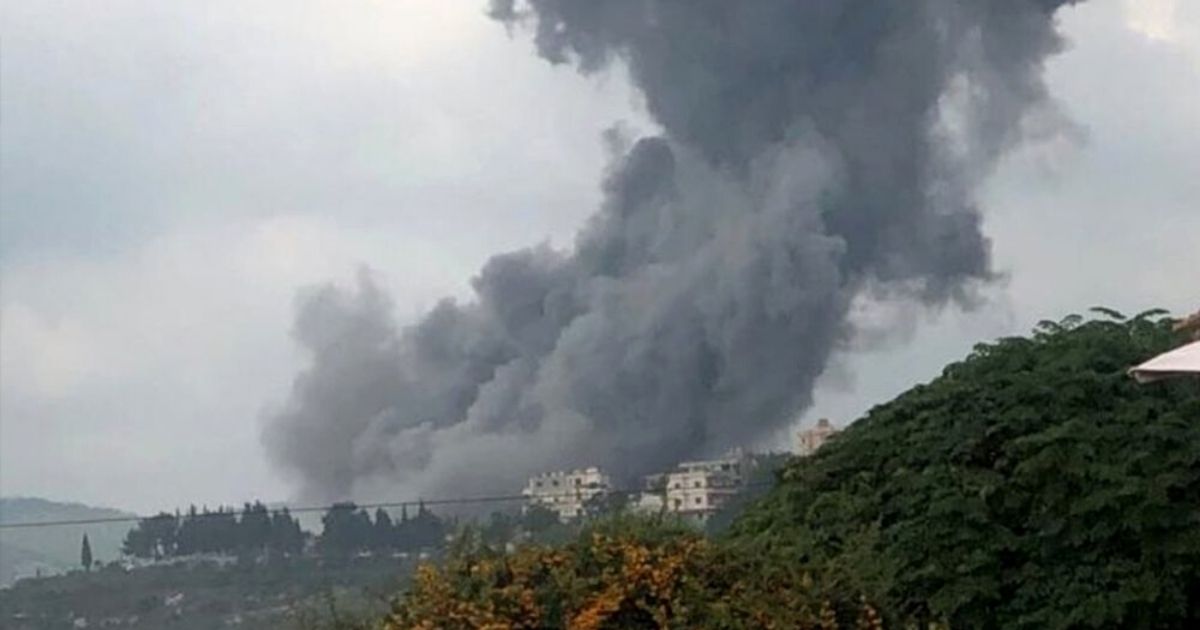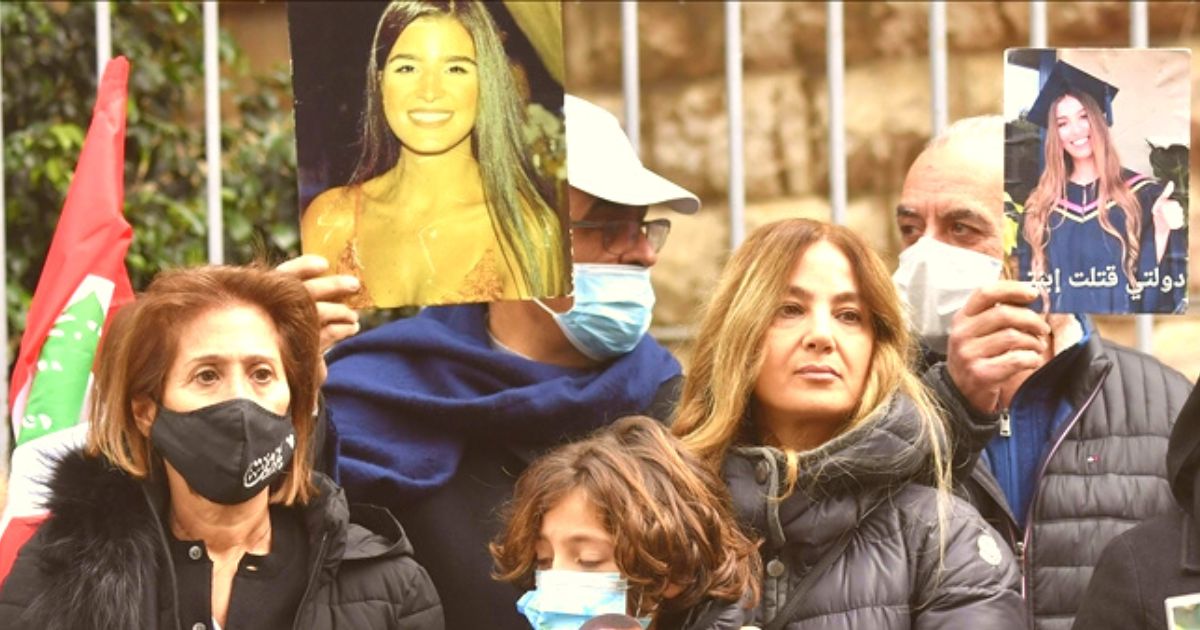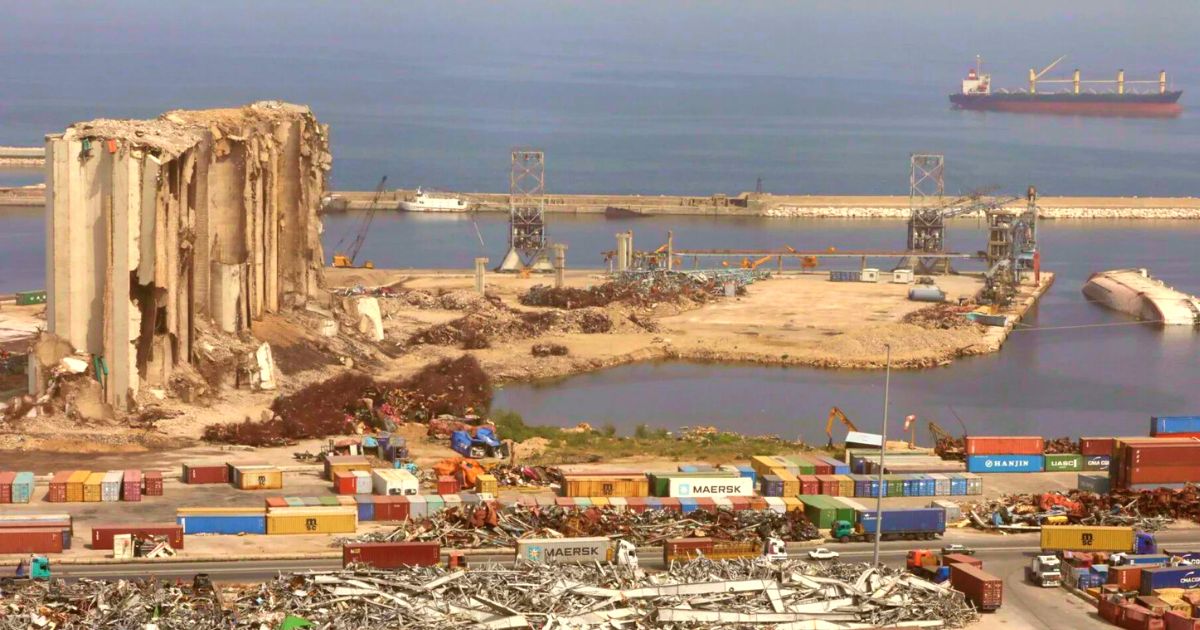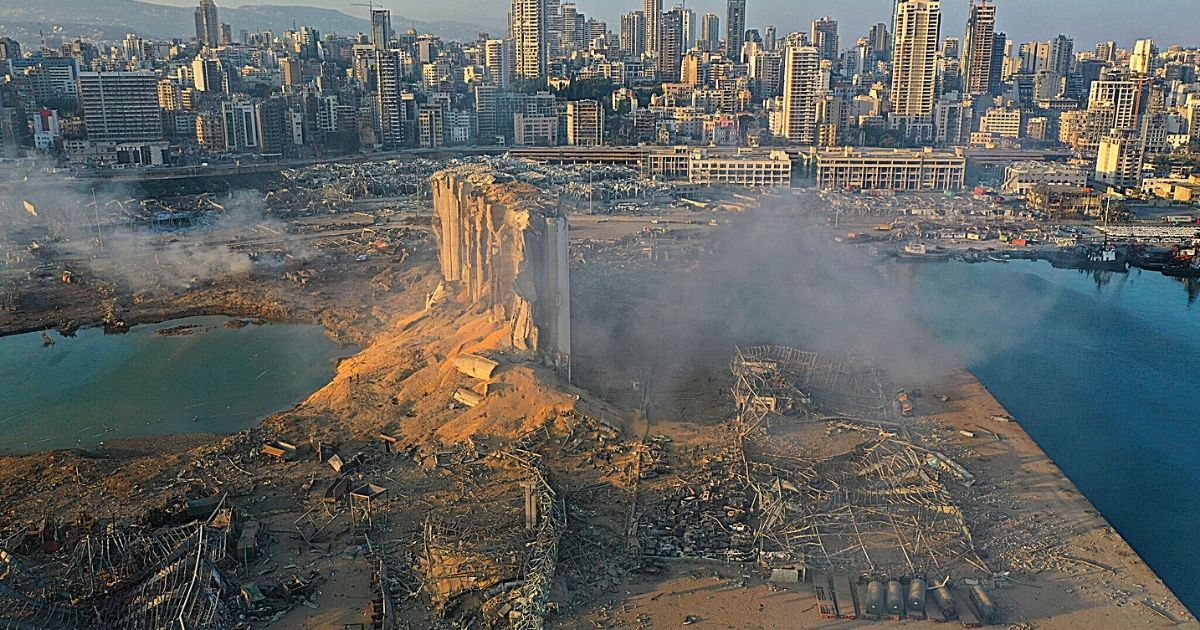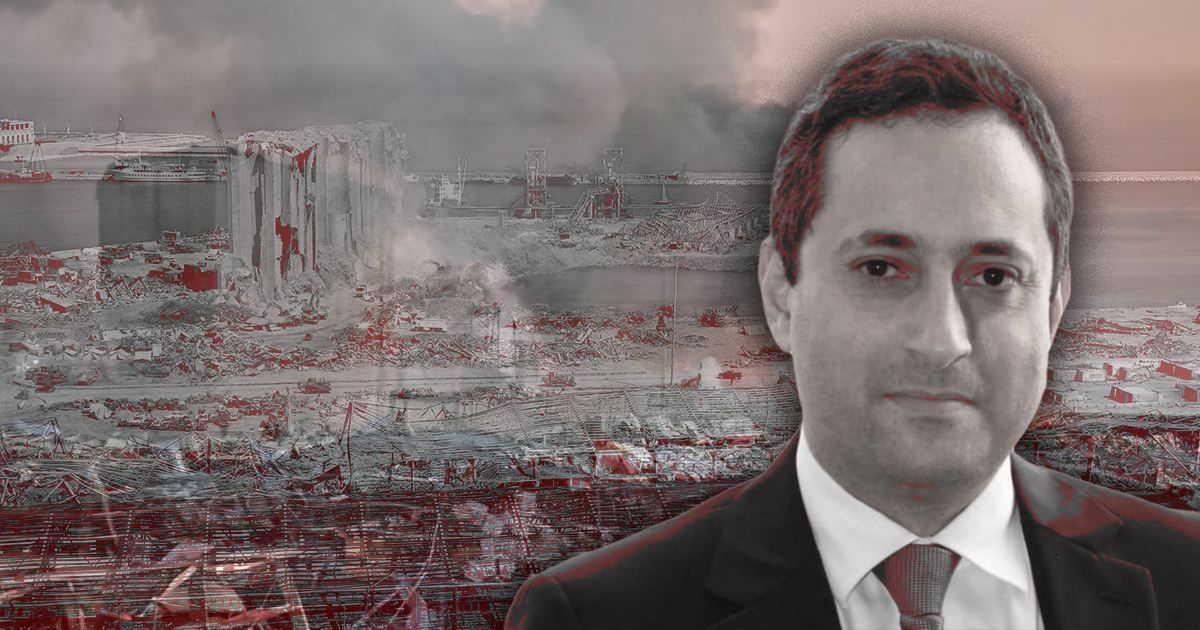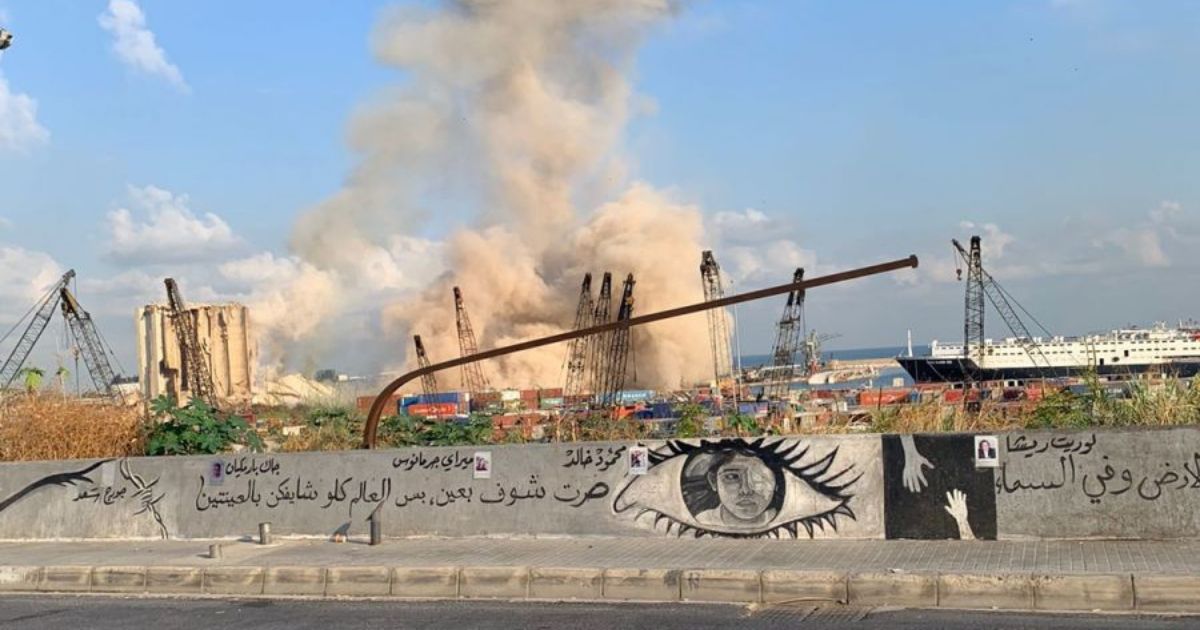The state of emergency was first declared immediately following the explosion on August 4th, putting the city of Beirut under complete control of the Lebanese Army for two weeks.
It was technically supposed to expire Tuesday, August 18th, with talks last week of a possible extension of two more weeks.
Now, the caretaker government announced that the state of emergency would be extended until September 18th – a whole month from now.
“The decision was taken by caretaker Prime Minister Hassan Diab and approved by the president without consulting the Cabinet,” reported The Daily Star.
According to Megaphone, this extension is in “clear violation of the law,” and “only [emphasizes] the authorities’ pursuit of the city’s militarization in order to suppress potential popular anger.”
This decision comes on the eve of the STL verdict on the guilt of the four Hezbollah members accused of being involved in the killing of former premier Rafic Hariri and 21 others on February 14th, 2005.
Simultaneously with all this, the Head of the Parliament just granted a one-month paid leave to the Parliament staff and contractors, which came unexpectedly considering Beirut’s ongoing disaster.
As for the state of emergency, the Lebanese Army will continue to have complete control over the capital. Civilians arrested during protests, for example, would be tried in the military court – expediently and without legal representation.
Could this extension be in anticipation of potential forthcoming conflicts following the STL verdict? After all, the verdict is expected to reopen one of the largest wounds of Lebanon.
Speculations are also dwelling that the purpose of the extension is to control the protests of the people, who have been furious at the neglect of the state that caused the explosion of the port and the mass murder and massive destruction that resulted.
In fact, the people have called for a protest at the presidential palace in Baabda, on August 18th.
Although Baabda is not under Beirut’s jurisdiction, fear is there that the army will intervene as well.
Whatever the case, the military will have control of all security and legal matters in Beirut. It will have the right, for a whole month, to take action against anyone deemed a security threat.
